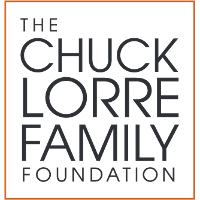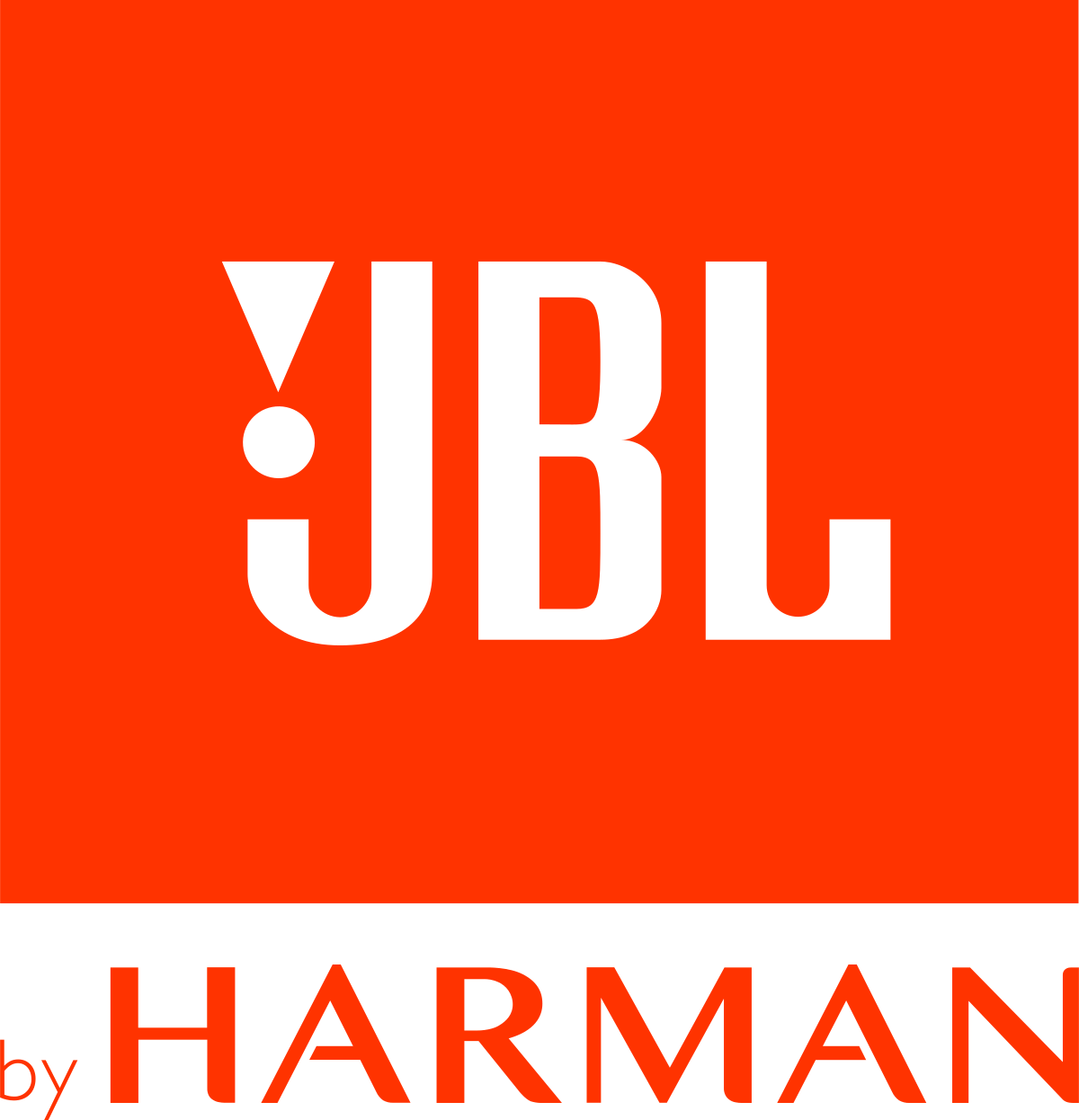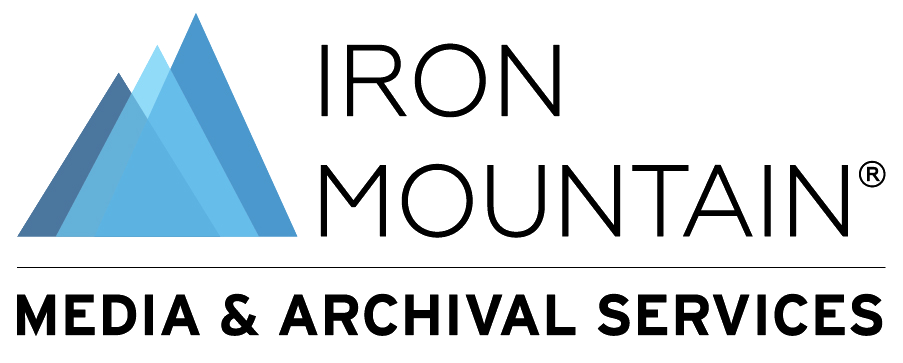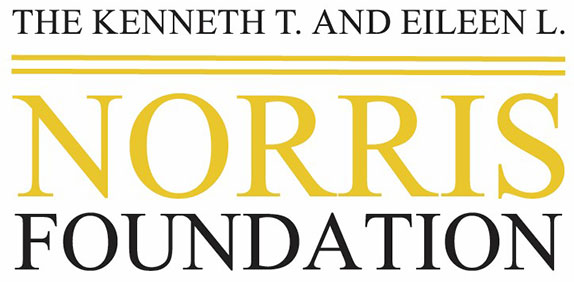Partners
& Sponsors




























With funding generously provided by The Recording Academy, the GRAMMY Museum Grants Program awards grants each year to organizations and individuals to support efforts that advance the archiving and preservation of the music and recorded sound heritage of North America, and research projects related to the impact of music on the human condition. Grant funds have been utilized to preserve private collections as well as materials at the Library of Congress, the Smithsonian and numerous colleges, and universities. Research projects have studied the links between music and early childhood education, treatments for illnesses and injuries common to musicians, and the impact of music therapy on populations from infants to the elderly.
Quinn Coleman was a loving son, brother, cousin and friend, a passionate DJ, and an A&R executive with a bright future when he passed away at 31. At his family’s request, the GRAMMY Museum is honored to establish the Quinn Coleman Scholarship Fund, which will elevate a new generation of Black and Brown music creators through financial scholarships and career development programs for college students on a music career path.
Please provide a valid email address
Please select at least one option above
Thanks for subscribing!



























